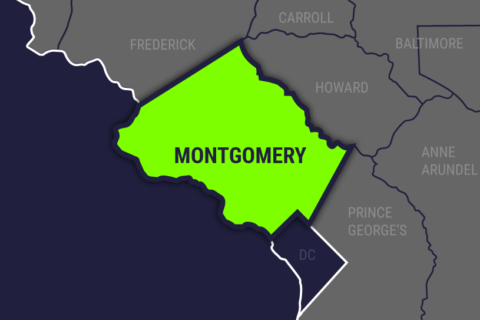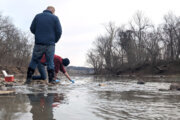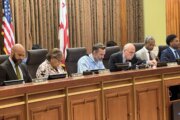(Video has no sound.)
A stock trader was found guilty Wednesday in the 2017 fire death of a 21-year-old who had been digging tunnels underneath the man’s Bethesda, Maryland, house.
Daniel Beckwitt, 27, was found guilty of both second-degree depraved heart murder and involuntary manslaughter in the death of Askia Khafra, 21, in September 2017. Khafra had been digging tunnels under Beckwitt’s house for an underground bunker — intended for surviving a nuclear attack — when a fire broke out. Khafra was unable to escape.
The jury began deliberating Tuesday. Earlier on Wednesday afternoon, they told the judge they had reached a verdict on one of the counts and were at an impasse on another; they didn’t say which count was which.
In closing arguments Tuesday, Montgomery County prosecutor Marybeth Ayres said Beckwitt created the “death trap” that prevented Khafra from escaping the fire. Prosecutors said the tunnels were 20 feet deep and branched out for 200 feet and were powered by a “daisy chain” of extension cords, and that the house was under hoarding conditions.
Defense lawyer Robert Bonsib described Beckwitt as a “very strange young man,” but contended, “Being different, living in a different circumstance, is not a crime.”
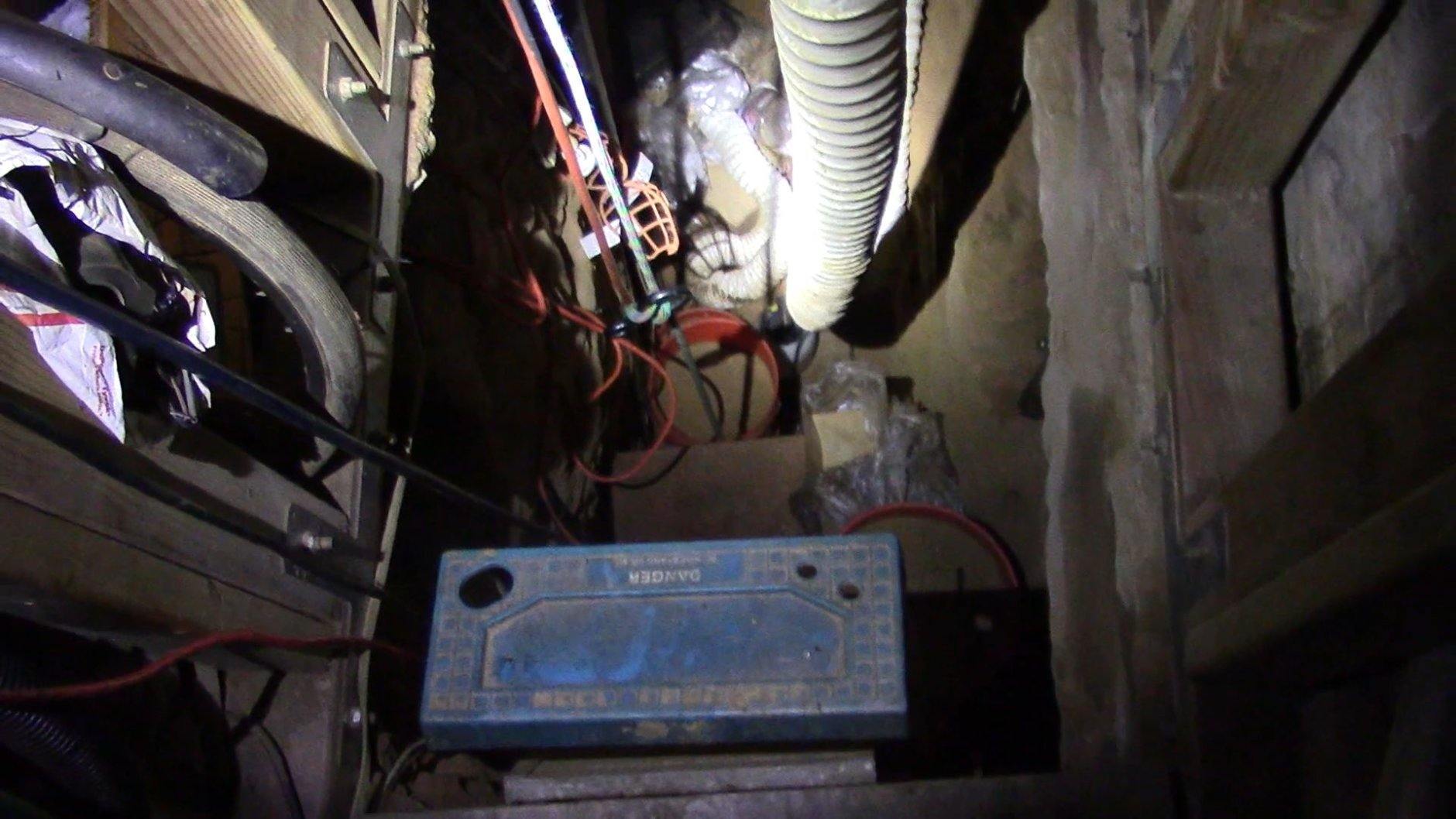
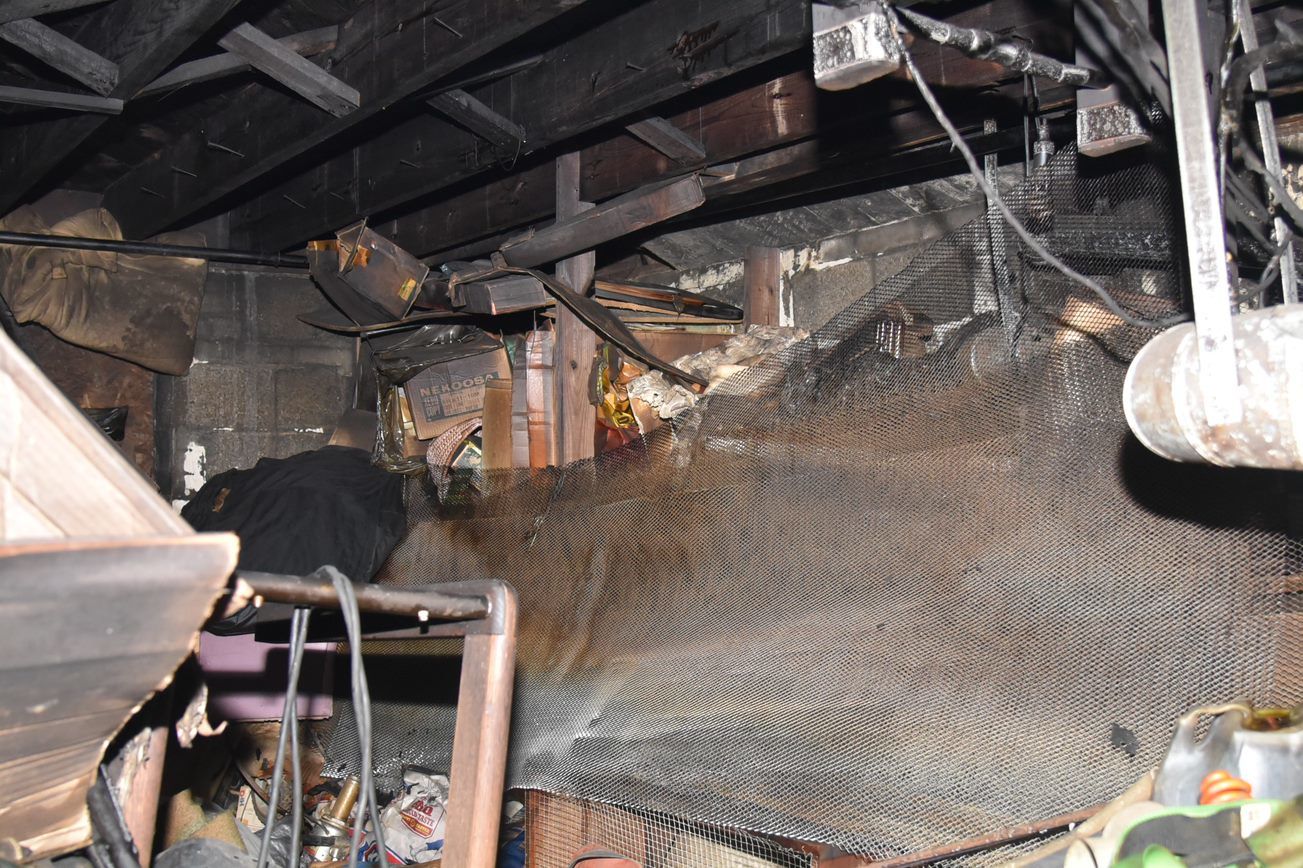
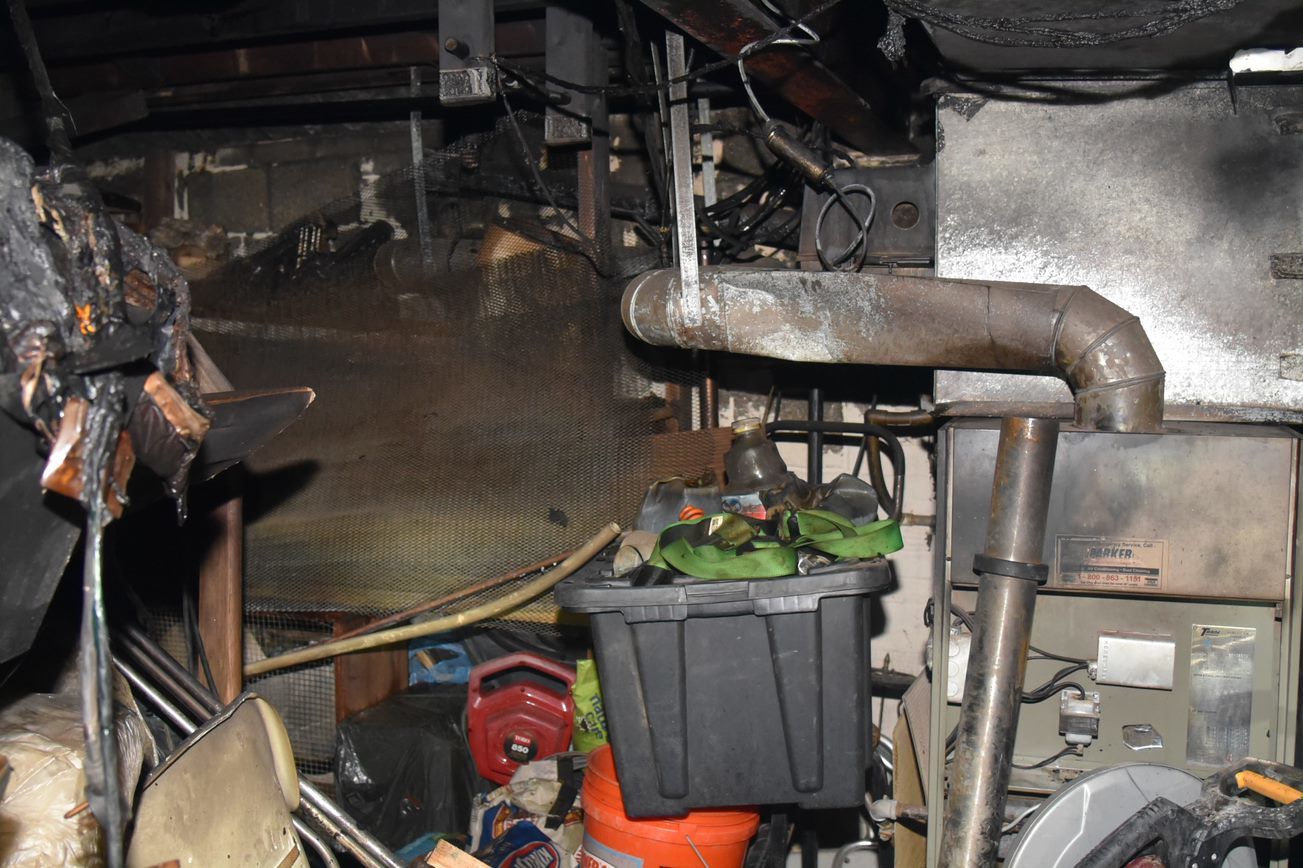
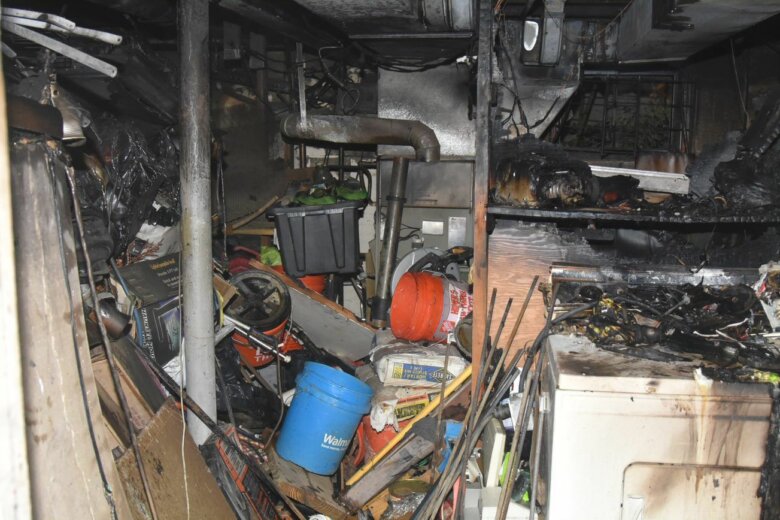
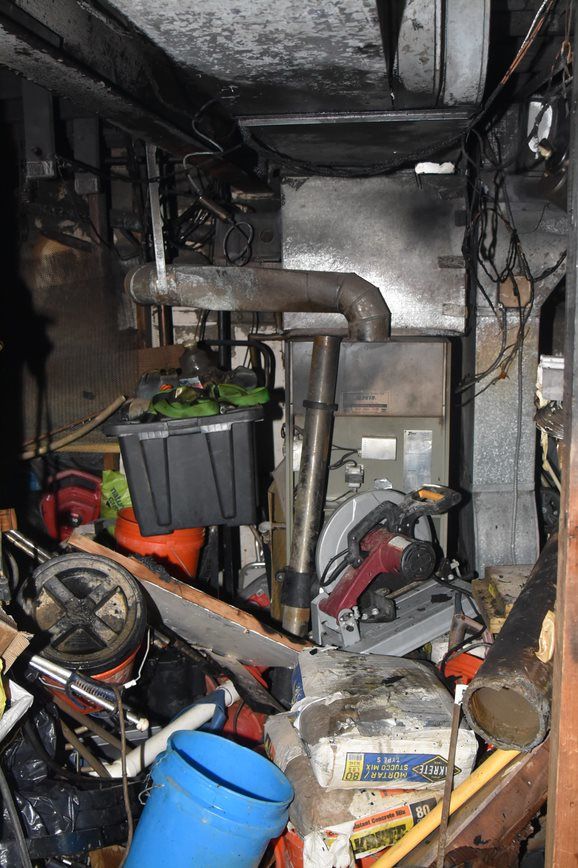
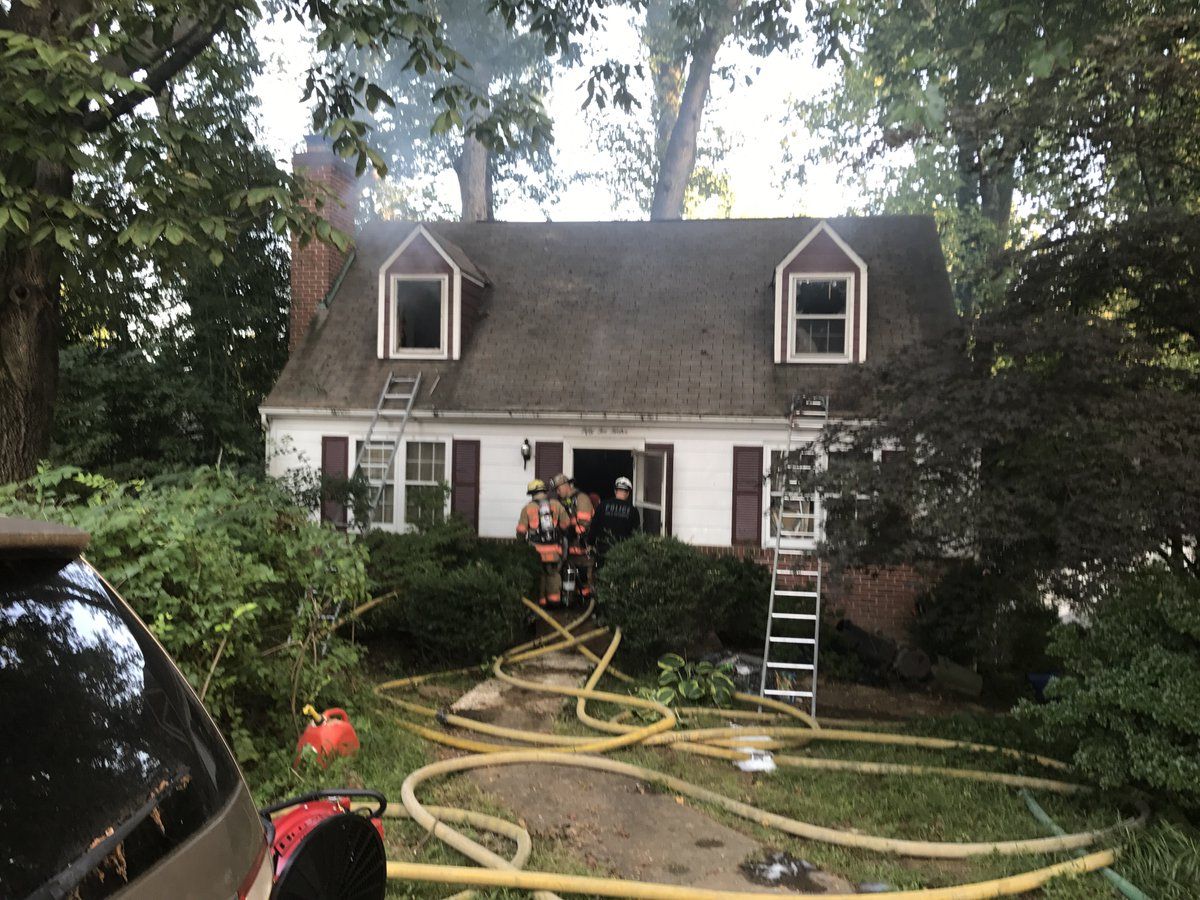
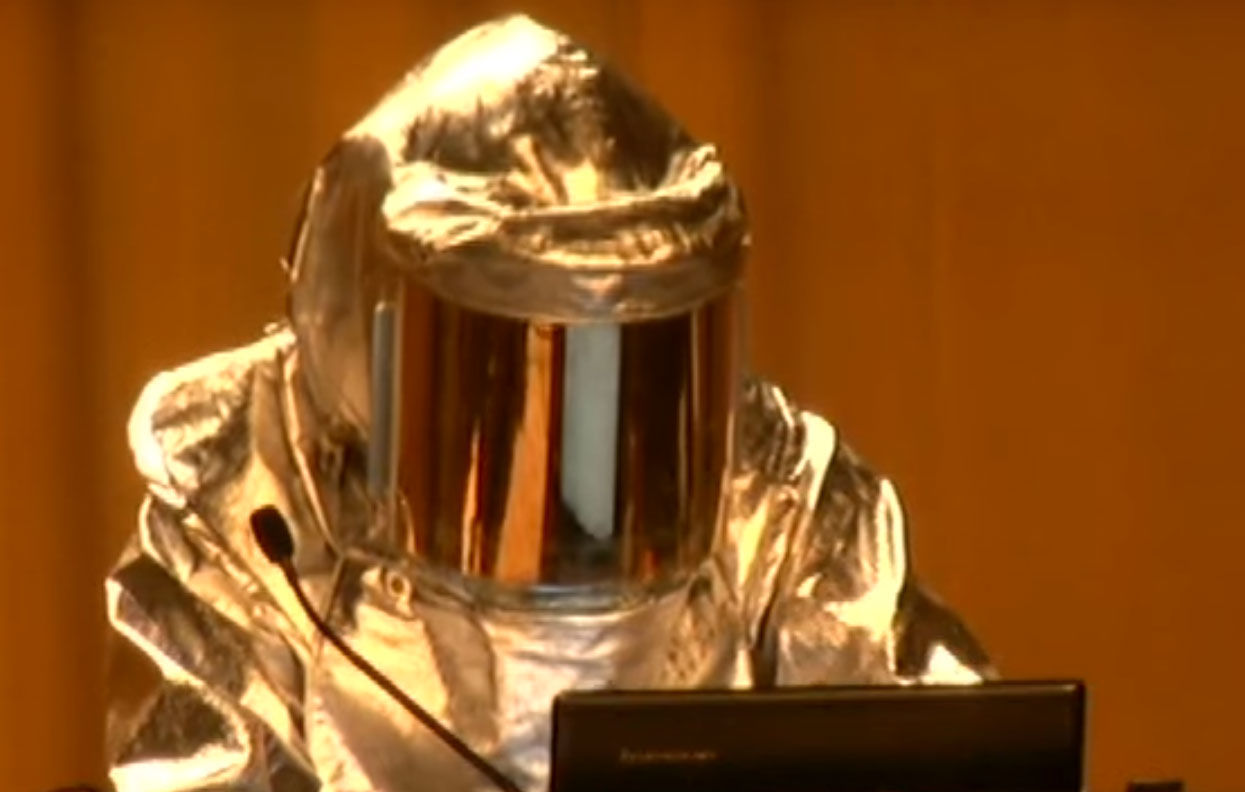
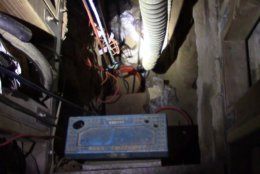
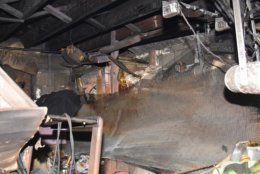
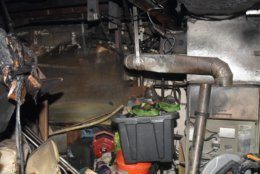
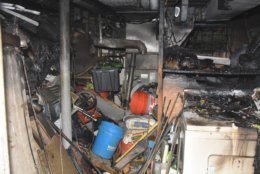
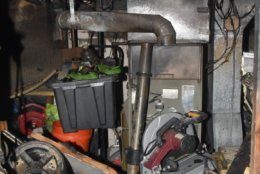
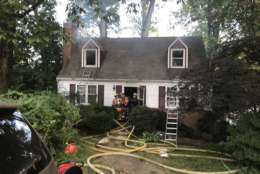
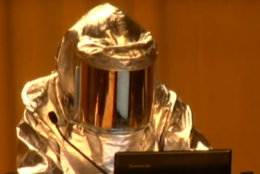
In order to keep the project secret, Beckwitt would rent a car to pick Khafra up from his Silver Spring home. Then they’d drive to Manassas, Virginia, where Khafra would put on “darkened, black-out glasses” so he wouldn’t know where they were headed. Beckwitt would then tell him they were headed to a house in Virginia, when in fact he looped back and went to Bethesda.
Hours before the fire broke out, Khafra texted Beckwitt to warn him it smelled like smoke in the tunnels. Ayres said Beckwitt didn’t respond for more than six hours before telling Khafra that there had been a “major electrical failure.” Instead of getting Khafra out of the tunnels, Beckwitt told him that he “just switched it all over to another circuit,” according to the prosecutor.
Beckwitt survived the fire, a fact which both sides used in closing arguments Tuesday. Bonsib said Beckwitt screamed for help from neighbors after the fire broke out and risked his own safety in a failed attempt to rescue his friend from the blaze.
Ayres said, “This was a survivable fire, and we know that because the defendant survived,” adding that conditions Beckwitt created made the blaze fatal.
The defense attorney said there is no evidence, only speculation, to explain why Khafra died in the fire that day.
Beckwitt could face 30 years maximum. His sentencing is scheduled for Monday, June 17.
The Associated Press and WTOP’s Jack Moore and John Aaron contributed to this report.


